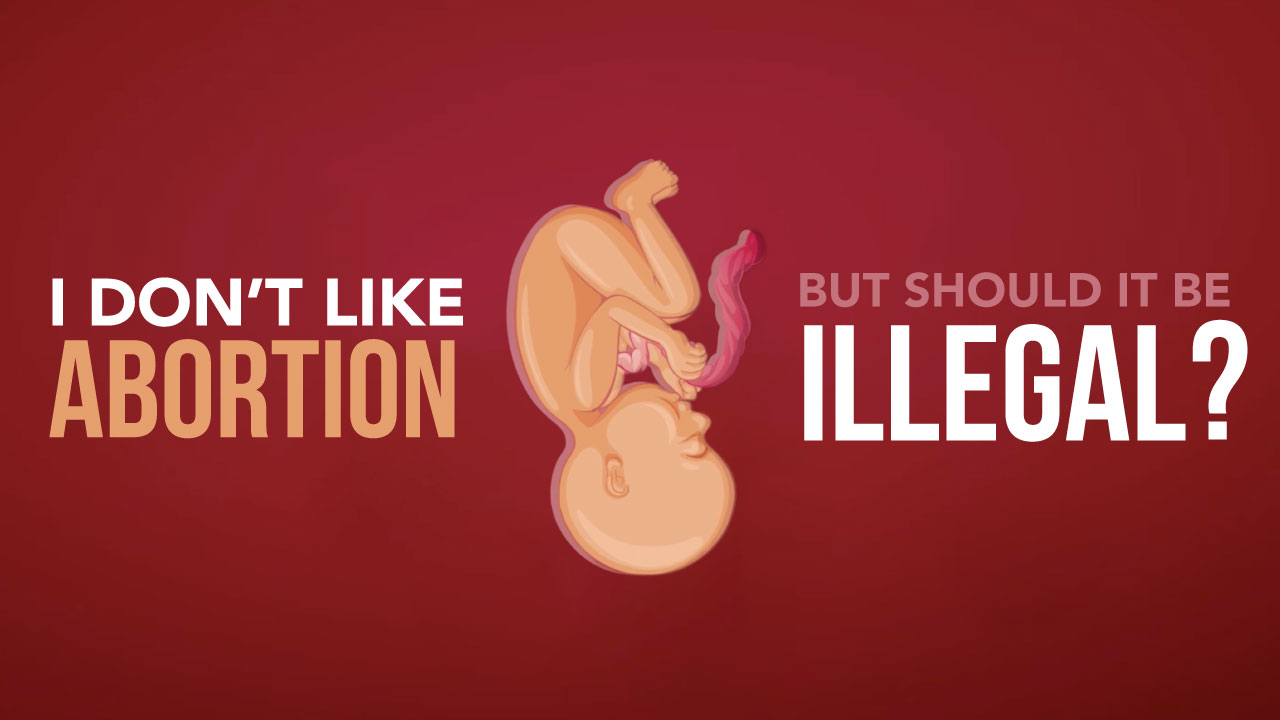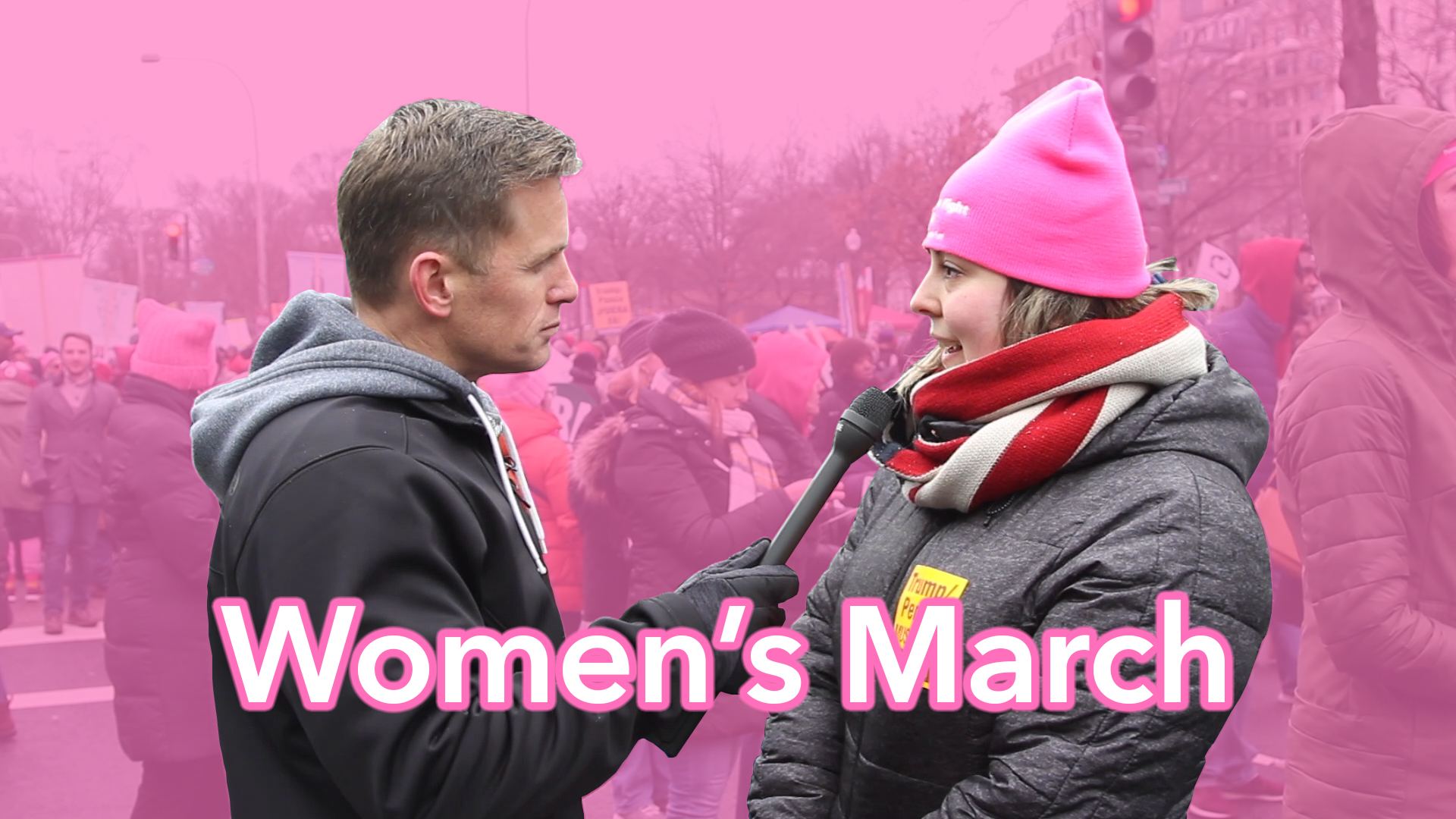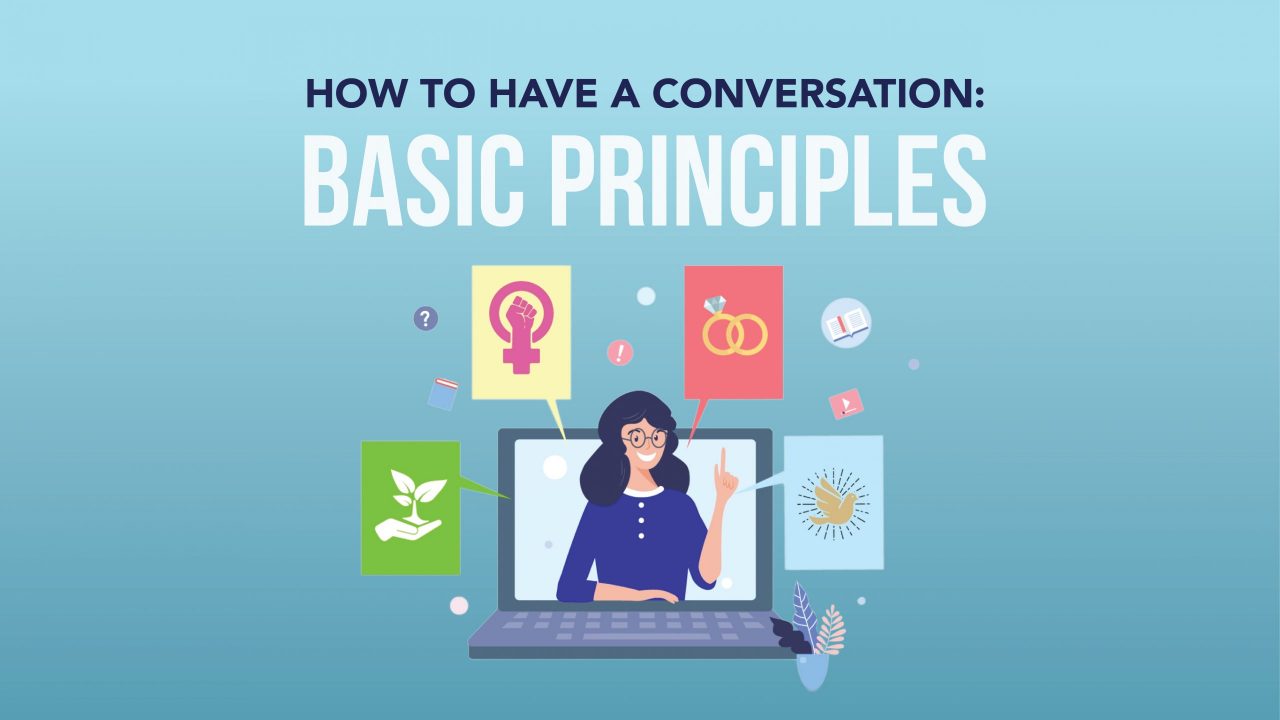Definitions Matter: Freedom
What Would You Say?
You’re in a conversation about freedom, but quickly get the sense that not everyone in the conversation is using the word in the same way. You’re both using the word “freedom” but mean completely different things by it.
What would you say?
Definitions matter. For a good conversation to even be possible, the terms we use need to be clear. One word in need of careful definition today is the word freedom. Just about everyone believes in freedom, but not everyone means the same thing by freedom.
So, the next time you find yourself in a conversation about freedom, here are two things to keep in mind:
Number 1: A lot of people use “freedom” to mean doing whatever they want as long as no one gets hurt. But that’s an incorrect definition.
Number 2: True freedom is being able to do what you ought to do, not just what you want to do.
Thanks to Sean McDowell for his contribution to this video. If you’d like to learn more about Sean or purchase his book, “Chasing Love: Sex, Love, and Relationships in a Confused Culture,” visit seanmcdowell.org
- Transcript
- More Resources
- Watch More
You're in a conversation about freedom, but quickly get the sense that not everyone in the conversation is using the word in the same way. You’re both using the word “freedom” but mean completely different things by it. What would you say? Definitions matter. For a good conversation to even be possible, the terms we use need to be clear. One word in need of careful definition today is the word freedom. Just about everyone believes in freedom, but not everyone means the same thing by freedom. So, the next time you find yourself in a conversation about freedom, here are two things to keep in mind: Number 1: A lot of people use “freedom” to mean doing whatever they want as long as no one gets hurt. But that’s an incorrect definition. Today, “freedom” is often used in the sense of being free from, free from consequences or rules or restraints so that we can do what we want. In other words, too many people think that “freedom” means being able to do whatever they want, as long as it doesn’t directly hurt someone else. This is a common misuse of the word “freedom,” which is why it’s so often used to defend personal license, and behaviors such as pornography use, drug and alcohol abuse, and even prostitution. This view assumes that as long as someone is willingly doing something, that person ought to be “free” to do it. There are three things wrong with this definition of “freedom.” First, it assumes that humans are individualistic, disconnected, and isolated beings, responsible only to ourselves and our own happiness and not to anyone else. But everyone lives in relationship to others. Second, this view of freedom assumes there is no objective right and wrong; but that good and evil are simply a matter of personal preference; and that our own desires are our best moral compass. But what happens when personal preferences collide? Whose so-called “rights” should be respected then? And finally, the “freedom from” view of freedom eventually hinders freedom. Whenever anyone does anything they want, they are at risk becoming a slave to their desires. It’s no accident that today, in an age where that prioritizes this wrong view of freedom, the rate of addictions are at an all-time high. So, whenever someone uses freedom to mean “doing whatever they want,” it may be time to offer a better definition. Number 2: True freedom is being able to do what you ought to do, not just what you want to do. Restraints are all around us. Because human beings aren’t able to fly on our own, we put guardrails at very high cliffs. We limit the amount of sugar our kids eat so they won’t get sick. The improper definition of “freedom” we talked about earlier ignores the reality that we can’t get rid of all restraints, no matter how hard we try. This is true not only when it comes to physical behavior, but also when it comes to emotional, social, and moral parts of our lives, too. Our actions have consequences. If we skip work and sit at home watching Netflix, for example, we’ll get fired. But we’ll also become depressed and lonely. Human beings ought to have meaningful work and meaningful relationships; if we cut ourselves off from those things, we suffer. We can’t escape the “restraints” of our own nature. True freedom doesn’t come from resisting restraint and doing whatever we want, but from submitting to the restraints that rightly reflect the kind of creatures we are as human beings. Freedom is the ability to do what we ought to do, to be who we were made to be. So, freedom is living in harmony with restraints, not without them. The master pianist can play Rachmaninoff or Beethoven with skill and passion because she’s trained and disciplined herself, through thousands of hours of intense work, to flourish within restraints. This is the paradox of freedom: it is only because this pianist worked within the limits that she is free to produce beautiful music. She is far freer than the untrained person sitting at the piano tapping whatever keys they want. Some of the restraints that frame human existence are physical. Others are emotional, relational, political, and moral. Many times, our freedom depends on aligning our desires and wants in accordance with restraints. A married couple can experience the freedom of emotional acceptance and sexual intimacy, but only by staying within the restraints of marriage. If they practice self-control and cultivate the desires that align with proper restraints, they’ll experience freedom. If they lose self-control of their passions and emotions, they will be frustrated and resentful of restraint. They’ll lose the freedom of marriage as it was designed to be. We are only truly free within proper restraints. So the next time you’re in a conversation and the word “Freedom” comes up, remember these two things: Number 1: A lot of people use “freedom” to mean doing whatever they want as long as no one gets hurt. But that’s an incorrect definition. Number 2: True freedom is being able to do what you ought to do, not just what you want to do. For What Would You Say, I’m Sarah Stonestreet.
If you'd like to learn more about Sean or purchase his book, "Chasing Love: Sex, Love, and Relationships in a Confused Culture," visit seanmcdowell.org


